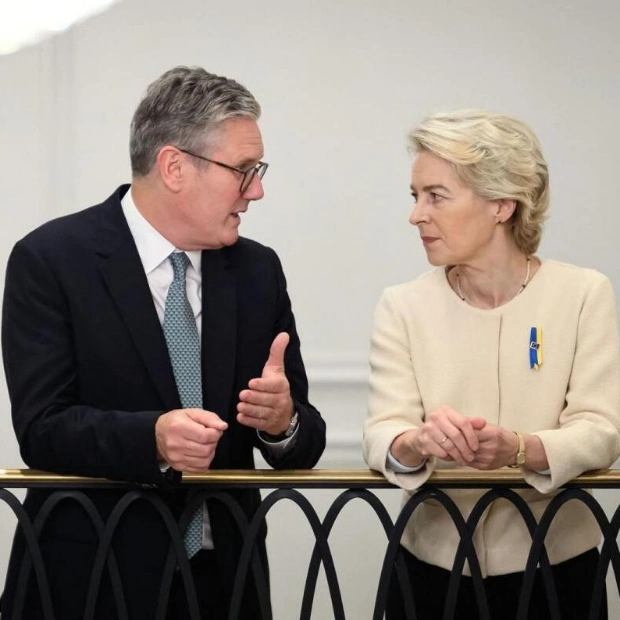A new report released on Wednesday by the World Travel and Tourism Council predicts a significant surge in outbound spending by UAE residents on travel and tourism in 2024. The report estimates that UAE travelers will increase their spending by 21.6 percent, reaching $38.31 billion (Dh140.6 billion) in 2024, up from $31.51 billion (Dh115.64 billion) in 2023. This figure is notably higher than the $28.7 billion spent in 2019.
The UAE's travel and tourism sector, both inbound and outbound, has seen exceptional growth post-pandemic, facilitated by the reopening of borders worldwide. Ranked 15th globally, UAE residents are projected to be the highest spenders in the Arab and Middle Eastern region in 2024, outspending travelers from Taiwan (China), Switzerland, Hong Kong, Indonesia, and Brazil.
Capitalizing on this trend, the UAE introduced a domestic tourism strategy in 2023, aiming to leverage the increasing outbound spending and promote staycations, particularly during the summer. This initiative is expected to boost the local economy and generate numerous jobs in the travel and tourism industry.
According to the 2024 Economic Impact Trends Report from the World Travel and Tourism Council, international visitor spending in the UAE is anticipated to rise by 9.4 percent to $52.2 billion (Dh191.57 billion) in 2024, from $47.7 billion (Dh175 billion) in the previous year. The UAE is set to rank 10th globally and second in the region after Saudi Arabia in terms of international tourism receipts.
Dubai's robust performance has significantly contributed to the UAE's strong rebound in inbound tourism post-pandemic. The UAE was among the first countries to restore its travel and tourism sector to pre-pandemic levels. Julia Simpson, President and CEO of WTTC, emphasized the sector's resilience and potential for innovation, highlighting the commitment to sustainability and inclusivity to ensure the growth benefits all and safeguards the planet.
The Middle East's travel and tourism sector saw a 25.3 percent expansion in 2023, returning its economic contribution to the 2019 level of $460 billion, representing 6.7 percent of the region's economy. Employment in the sector also increased by 11.8 percent, reaching 7.7 million jobs.
Saudi Arabia, accounting for about a quarter of the region's sector, has recovered swiftly, with its tourism contribution to GDP exceeding the 2019 level by 29.1 percent. The UAE's travel sector, the third largest in the region, also experienced robust growth, with its GDP contribution increasing by 14.3 percent over the 2019 level.
Globally, the US emerged as the leading travel and tourism market, contributing $2.36 trillion to its economy in 2023. China ranked second with a GDP contribution of $1.3 trillion, despite a delayed border reopening. Germany and Japan secured the third and fourth positions, with economic contributions of $487.6 billion and $297 billion, respectively. The UK rounded out the top five with a contribution of $295.2 billion.






